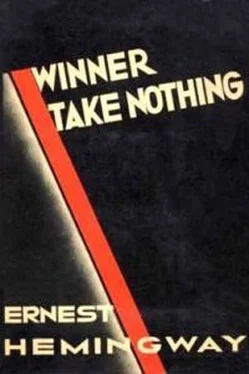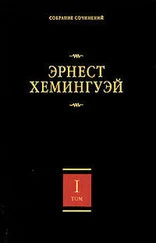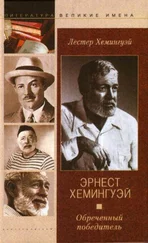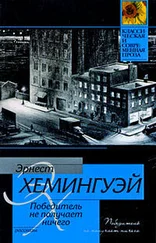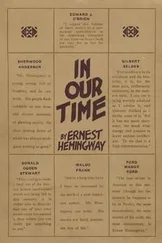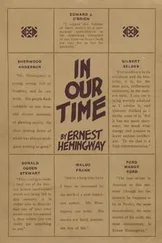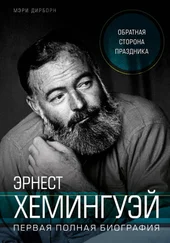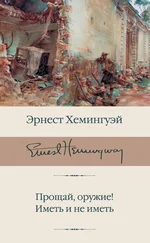“That is my certificate of membership,” he said. “Do you know Frederick J. Roussel in America?”
“I’m afraid I don’t.”
“I believe he is very prominent.”
“Where does he come from? Do you know what part of the States?”
“From Washington, of course. Isn’t that the headquarters of the Society?”
“I believe it is.”
“You believe it is. Aren’t you sure?”
“I’ve been away a long time,” Harris said.
“You’re not a member, then?”
“No. But my father is. He’s been a member for a great many years.”
“Then he would know Frederick J. Roussel. He is one of the officers of the society. You will observe that it is by Mr. Roussel that I was nominated for membership.”
“I’m awfully glad.”
“I am sorry you are not a member. But you could obtain nomination through your father?”
“I think so,” said Harris. “I must when I go back.”
“I would advise you to,” said the gentleman. “You see the magazine, of course?”
“Absolutely.”
“Have you seen the number with the colored plates of the North American fauna?”
“Yes. I have it in Paris.”
“And the number containing the panorama of the volcanoes of Alaska?”
“That was a wonder.”
“I enjoyed very much, too, the wild animal photographs of George Shiras three.”
“They were damned fine.”
“I beg your pardon?”
“They were excellent. That fellow Shiras——”
“You call him that fellow?”
“We’re old friends,” said Harris.
“I see. You know George Shiras three. He must be very interesting.”
“He is. He’s about the most interesting man I know.”
“And do you know George Shiras two? Is he interesting too?”
“Oh, he’s not so interesting.”
“I should imagine he would be very interesting.”
“You know, a funny thing. He’s not so interesting. I’ve often wondered why.”
“H’m,” said the gentleman. “I should have thought any one in that family would be interesting.”
“Do you remember the panorama of the Sahara Desert?” Harris asked.
“The Sahara Desert? That was nearly fifteen years ago.”
“That’s right. That was one of my father’s favorites.”
“He doesn’t prefer the newer numbers?”
“He probably does. But he was very fond of the Sahara panorama.”
“It was excellent. But to me its artistic value far exceeded its scientific interest.”
“I don’t know,” said Harris. “The wind blowing all that sand and that Arab with his camel kneeling toward Mecca.”
“As I recall, the Arab was standing holding the camel.”
“You’re quite right,” said Harris. “I was thinking of Colonel Lawrence’s book.”
“Lawrence’s book deals with Arabia, I believe.”
“Absolutely,” said Harris. “It was the Arab reminded me of it.”
“He must be a very interesting young man.”
“I believe he is.”
“Do you know what he is doing now?”
“He’s in the Royal Air Force.”
“And why does he do that?”
“He likes it.”
“Do you know if he belongs to the National Geographic Society?”
“I wonder if he does.”
“He would make a very good member. He is the sort of person they want as a member. I would be very happy to nominate him if you think they would like to have him.”
“I think they would.”
“I have nominated a scientist from Vevey and a colleague of mine from Lauzanne and they were both elected. I believe they would be very pleased if I nominated Colonel Lawrence.”
“It’s a splendid idea,” said Harris. “Do you come here to the café often?”
“I come here for coffee after dinner.”
“Are you in the University?”
“I am not active any longer.”
“I’m just waiting for the train,” said Harris. “I’m going up to Paris and sail from Havre for the States.”
“I have never been to America. But I would like to go very much. Perhaps I shall attend a meeting of the society some time. I would be very happy to meet your father.”
“I’m sure he would have liked to meet you but he died last year. Shot himself, oddly enough.”
“I am very truly sorry. I am sure his loss was a blow to science as well as to his family.”
“Science took it awfully well.”
“This is my card,” Harris said. “His initials were E. J. instead of E. D. I know he would have liked to know you.”
“It would have been a great pleasure.” The gentleman took out a card from the pocketbook and gave it to Harris. It read:
DR. SIGISMUND WYER, PH. D.
Member of the National Geographic
Society, Washington, D. C., U. S. A.
“I will keep it very carefully,” Harris said.
He came into the room to shut the windows while we were still in bed and I saw he looked ill. He was shivering, his face was white, and he walked slowly as though it ached to move.
“What’s the matter, Schatz?”
“I’ve got a headache.”
“You better go back to bed.”
“No. I’m all right.”
“You go to bed. I’ll see you when I’m dressed.”
But when I came downstairs he was dressed, sitting by the fire, looking a very sick and miserable boy of nine years. When I put my hand on his forehead I knew he had a fever.
“You go up to bed,” I said, “you’re sick.”
“I’m all right,” he said.
When the doctor came he took the boy’s temperature.
“What is it?” I asked him.
“One hundred and two.”
Downstairs, the doctor left three different medicines in different colored capsules with instructions for giving them. One was to bring down the fever, another a purgative, the third to overcome an acid condition. The germs of influenza can only exist in an acid condition, he explained. He seemed to know all about influenza and said there was nothing to worry about if the fever did not go above one hundred and four degrees. This was a light epidemic of flu and there was no danger if you avoided pneumonia.
Back in the room I wrote the boy’s temperature down and made a note of the time to give the various capsules.
“Do you want me to read to you?”
“All right. If you want to,” said the boy. His face was very white and there were dark areas under his eyes. He lay still in the bed and seemed very detached from what was going on.
I read aloud from Howard Pyle’s Book of Pirates ; but I could see he was not following what I was reading.
“How do you feel, Schatz?” I asked him.
“Just the same, so far,” he said.
I sat at the foot of the bed and read to myself while I waited for it to be time to give another capsule. It would have been natural for him to go to sleep, but when I looked up he was looking at the foot of the bed, looking very strangely.
“Why don’t you try to go to sleep? I’ll wake you up for the medicine.”
“I’d rather stay awake.”
After a while he said to me, “You don’t have to stay in here with me, Papa, if it bothers you.”
“It doesn’t bother me.”
“No, I mean you don’t have to stay if it’s going to bother you.”
I thought perhaps he was a little lightheaded and after giving him the prescribed capsules at eleven o’clock I went out for a while. It was a bright, cold day, the ground covered with a sleet that had frozen so that it seemed as if all the bare trees, the bushes, the cut brush and all the grass and the bare ground had been varnished with ice. I took the young Irish setter for a little walk up the road and along a frozen creek, but it was difficult to stand or walk on the glassy surface and the red dog slipped and slithered and I fell twice, hard, once dropping my gun and having it slide away over the ice.
Читать дальше
Конец ознакомительного отрывка
Купить книгу
